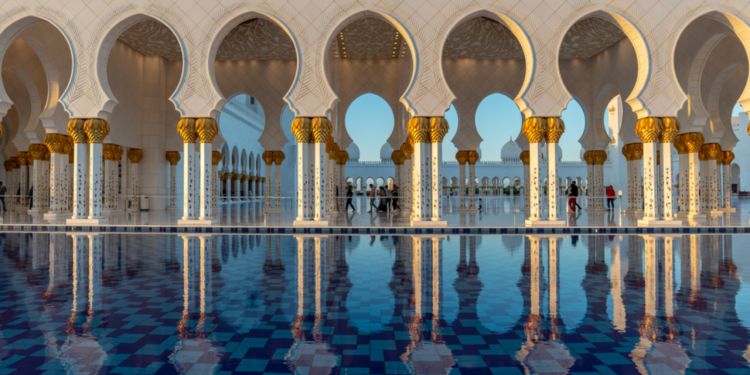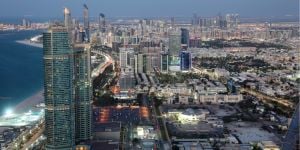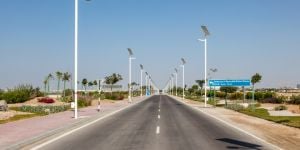
Abu Dhabi is generally a city that tolerates a modern lifestyle, but minor adjustments are still necessary for new expats. While it is known for being a city of tolerance, it has strict rules that everyone must abide by, or else they will be punished by law. Here are some important things you need to know about these rules to adjust smoothly to the local culture.
Language in Abu Dhabi
Abu Dhabi is a melting pot of different nationalities, making the population diverse. English is widely spoken among many expats and locals, so speaking Arabic is not required, although it may come in handy.
Attire in Abu Dhabi
Residents and tourists alike are expected to dress modestly in certain areas, such as offices and cultural attractions. Although the United Arab Emirates is a Muslim country, modesty is not expected at all times. Abayas are not required, and certain dress codes may be in place for some public spaces throughout the UAE, especially in public places and during the Ramadan period.
Etiquette in Abu Dhabi
Some small shops close for a midday break and resume work in the afternoon on Fridays, which is considered a day of worship. As with most other countries, the workdays of the week begin on Monday and end on Friday. The city gets very quiet early in the morning during weekends, but its pace picks up again around late afternoon until nighttime.
Alcohol and drinking in Abu Dhabi
While Abu Dhabi residents no longer need a license to purchase alcohol, it is still only sold to non-Muslims who must be over the age of 21, and a 30% tax is imposed on the purchase. You will find that alcohol is widely served in hotels and restaurants around the city. Drinking in public places is prohibited, and one must be careful because when caught drunk in public by authorities, a hefty fine may be imposed or even jail time.
Picture-taking in public in Abu Dhabi
When taking photos, take extra caution when photographing local women in abayas because some of them find it offensive; permission is required. Government buildings, embassies, and airports also impose a strict "No Picture Taking Allowed" rule, which can be punishable by law.
Driving in Abu Dhabi
Abu Dhabi, especially the city center, has fewer lanes than Dubai, but the entire UAE is known for having one of the highest road fatalities in the world. This is why strict traffic and driving rules are imposed. Roads are donned with high-tech cameras that catch speeding drivers, especially along highways where many accidents take place. Exercise extra caution by observing the speed limit, staying in the appropriate lane, and never driving intoxicated because of the zero-tolerance policy.
Ramadan in Abu Dhabi
During the Holy Month of Ramadan, no eating and drinking is allowed in public during the hours of fasting, even though many restaurants and food courts have a covered area to allow non-Muslims to still eat for the whole month. Muslims with illnesses, children, and breastfeeding women and with certain conditions are also exempt from fasting. Breaking these rules is punishable by law, so be mindful during this month. During this time, working hours are also shortened, and business establishments have also reduced operating hours.
Useful links:
We do our best to provide accurate and up to date information. However, if you have noticed any inaccuracies in this article, please let us know in the comments section below.












Comments